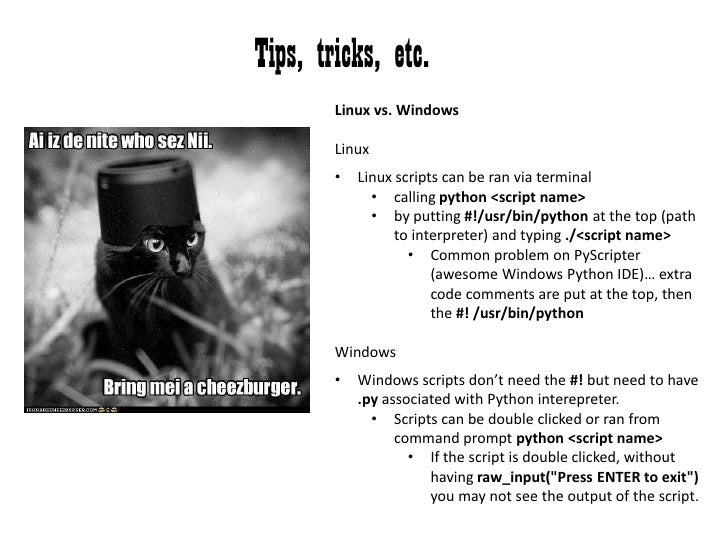Pyvisa Vs Pyserial For Mac
RSCommander is a versatile software tool for a wide range of Rohde & Schwarz instruments. It makes it possible to take screenshots for documentation purposes and read trace data for further processing. The software also allows for file management and interactive control of the instrument using its remote control commands. RSCommander automatically detects all supported Rohde & Schwarz instruments connected via GPIB, LAN and USB interfaces.
The software has three essential functions: Hardcopy Take screenshots of your instrument and transfer them directly to your pc. I Change between b/w and color pictures ı Save screenshots as PNG, JPG, BMP, PPM, XBM, XPM or to clipboard ı Print support Trace Transfer traces or waveforms from analyzers and oscilloscopes directly to the pc. I Change between different traces / channels ı Edit the configuration of the displayed y-axis ı Save as TXT, CSV or image ı Print support Files Transfer files from device to pc and vice versa. I Read the file catalog from any directory ı Open files directly from the instrument ı Drag&Drop files to transfer them to the instrument ı Create new folder, delete or rename files Scripts Write your own remote control functions in python. I Full support of PyVisa ı Examples for reading traces from network analyzers ı Simple Python syntax highlighting Interactive Control Quickly execute individual SCPI commands. I Control the instrument with simple queries ı Change the timeout ı Reads the available scpi commands Note: Not all R&S Instruments are supported with RSCommander, please check the documentation on https://www.rohde-schwarz.com/appnote/1MA074.
I am using Python 2.7 to do testing automation. I have installed PyVisa 1.9.0. Before installing NI-Visa18.0.0 for macOS 10.13.4, the message shows below after tying python -m visa info.

Machine Details: Platform ID: Darwin-17.5.0-x8664-i386-64bit Processor: i386 Python: Implementation: CPython Executable: /usr/bin/python Version: 2.7.10 Compiler: GCC 4.2.1 Compatible Apple LLVM 9.0.0 (clang-900.0.31) Bits: 64bit Build: Oct 6 2017 22:29:07 (#default) Unicode: UCS2 PyVISA Version: 1.9.0 Backends: ni: Version: 1.9.0 (bundled with PyVISA) Binary library: Not found py: Version: 0.2 ASRL INSTR: Available via PySerial (3.4) TCPIP INSTR: Available USB RAW: Please install PyUSB to use this resource type. No module named usb USB INSTR: Please install PyUSB to use this resource type. No module named usb GPIB INSTR: Please install linux-gpib to use this resource type.
No module named gpib TCPIP SOCKET: Available However, after NI-Visa18.0.0 installation and tying python -m visa info, it shows abort trap:6. It looks like it is the problem in /Library/Frameworks/nipalu.framework/Versions/1/nipalu. The same problem showed in. But it is not resolved.

Any idea to this problem? I'm having the same problem on a 2016 MacBook Pro.
It seems to have come about with the latest MacOS update (10.13.6). Everything worked fine until that, and then the abort trap 6 set in. Reinstalling any and all parts of the software has not helped at all. I've traced it back to some core functionality of the NI VISA framework. Hopefully NI can get this fixed promptly! It does appear that it only affects the more recent computers, as I have an older model macbook pro (2014) and it's working fine even with the updates.
However, after NI-Visa18.0.0 installation and tying python -m visa info, it shows abort trap:6. It looks like it is the problem in /Library/Frameworks/nipalu.framework/Versions/1/nipalu. This problem occurs when the corresponding kernel extensions cannot be loaded.
Pyvisa Vs Pyserial For Mac Download
Apple made some changes related to kext loading in 10.13. On 10.13, when you install a kext from a publisher that has previously not been authorized on your system, you should get a pop-up informing you that the kext will be blocked until you explicitly allow it. I suspect that something related to this is at the root of the problem. This system has been under flux as the 10.13.x series has progressed. In particular, these changes were previously not enforced on systems that are deployed under mobile device management (MDM). This changed in 10.13.4, so it's possible that you could have things loading as normal prior to that release and they stop working when you update to 10.13.4. Reboot your system, then go to System Preferences-Security & Privacy-General.
Hopefully you'll see 'System Software from developer 'National Instruments' was blocked from loading.' With an 'Allow' button. Clicking 'Allow' should authorize the loading of kernel extensions from National Instruments. If that message/button is not present, there are some further diagnostic steps we could pursue. The original problem was caused by the system integrity protection. The new versions of OS X introduce a check to make sure any software that is starting up for the first time has been authorized or digitally signed.
The one of the frameworks in NI VISA tries to open, but is blocked by the OS. This is supposed to trigger a dialog box that asks the user if this software is authorized, but this doesn't happen, so it just fails. What worked for us was as follows: Open up system preferences security. Try to run NI VISA (it will fail).

Look in the system preferences window for an option to allow the unauthorized software to run and click yes or allow. Re run NI VISA (should work now). On some machines we had a hard time getting the option to allow to appear on the security preferences screen. Some restarting and trial and error got it working though.